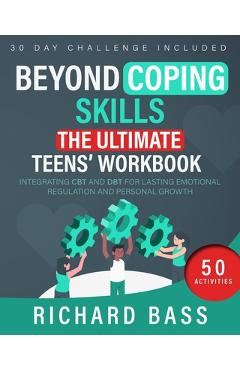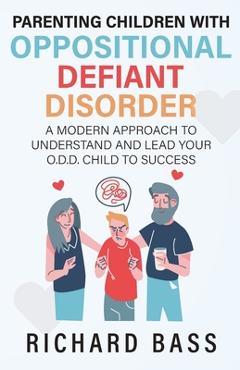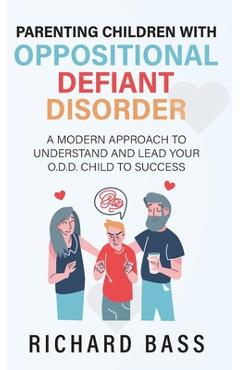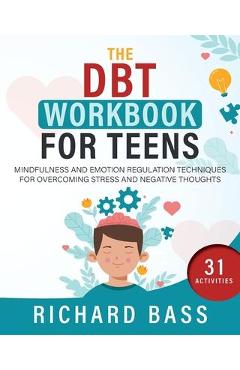The Teens\' Workbook to Self Regulate - Richard Bass

Detalii The Teens\' Workbook to Self
libris.ro
151.08 Lei
167.87 Lei
Family & Relationships
Richard Bass
The Teens\' Workbook to Self - Disponibil la libris.ro
Pe YEO găsești The Teens\' Workbook to Self de la Richard Bass, în categoria Family & Relationships.
Indiferent de nevoile tale, The Teens\' Workbook to Self Regulate - Richard Bass din categoria Family & Relationships îți poate aduce un echilibru perfect între calitate și preț, cu avantaje practice și moderne.
Preț: 151.08 Lei
Caracteristicile produsului The Teens\' Workbook to Self
- Brand: Richard Bass
- Categoria: Family & Relationships
- Magazin: libris.ro
- Ultima actualizare: 28-10-2025 01:22:05
Comandă The Teens\' Workbook to Self Online, Simplu și Rapid
Prin intermediul platformei YEO, poți comanda The Teens\' Workbook to Self de la libris.ro rapid și în siguranță. Bucură-te de o experiență de cumpărături online optimizată și descoperă cele mai bune oferte actualizate constant.
Descriere magazin:
On the surface, you see a highly sensitive and irritable teenager. But look closer, and you will notice a kid showing signs of emotional distress. Research shows that modern teenagers-our beloved Gen Zers-experience similar stress levels as adults. However, unlike adults who have been exposed to various coping mechanisms, young people are often confused about ways to cope with stress. Now more than ever, parents are stepping up and teaching their teens how to psychologically equip themselves for modern challenges. After all, we can\'t leave it up to school teachers or social media influencers to prepare our children for the world! But as much as teens need the support, they desire to work through their problems, at their own pace, in their own time. The combination of psychotherapy and self-directed learning is an effective way for teenagers to learn about healthy coping strategies, in their own time, in the comfort of their bedrooms. Without any external pressure, teens are able to study and practice various mind and body techniques and create their own toolkits of useful skills to manage stress and anxiety. The Teens\' Workbook to Self-Regulate is a valuable resource that introduces modern teenagers to Cognitive Behavioral Therapy (CBT), a form of psychotherapy created to develop emotional regulation and behavioral modification skills. The workbook is broken down into two parts: cognitive techniques and behavioral techniques, and provides teens with exercises that reinforce the following skills: Understanding the impact of negative thinking in shaping beliefs, motivations, and worldviews. Learning how to identify, describe, and manage strong emotions without hurting themselves or others. Finding healthy alternative strategies to cope with stress and anxiety without succumbing to urges. Knowing how and when to stop, breathe, and return to a normal state when feeling overwhelmed. These skills-and many more-are taught over 42 age-appropriate exercises, which are designed to help children between the ages of 9 and 16 reflect on their personal life experiences and examine their own thoughts and behaviors. The workbook will not only serve as a companion for your child during stressful life events but will also help them prepare for future challenges that require mental and emotional resilience. On the surface, you see a highly sensitive and irritable teenager. But look closer, and you will notice a kid showing signs of emotional distress. Research shows t

Produse asemănătoare
Produse marca Richard Bass

Beyond Coping Skills: The Ultimate Teens\' Workbook - Richard Bass
![]() libris.ro
libris.ro
Actualizat in 28/10/2025
139.22 Lei

The Parent\'s Handbook to Speech Therapy - Richard Bass
![]() libris.ro
libris.ro
Actualizat in 28/10/2025
139.22 Lei

Parenting Children with Oppositional Defiant Disorder - Richard Bass
![]() libris.ro
libris.ro
Actualizat in 28/10/2025
139.22 Lei

Parenting Children with Oppositional Defiant Disorder - Richard Bass
![]() libris.ro
libris.ro
Actualizat in 28/10/2025
195.02 Lei
